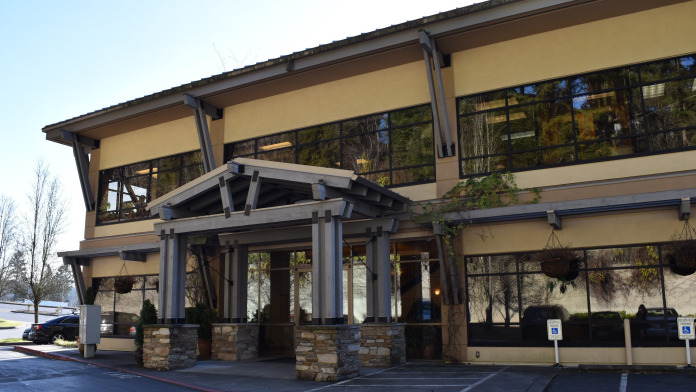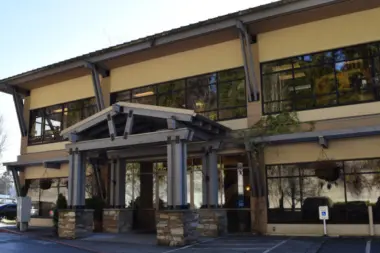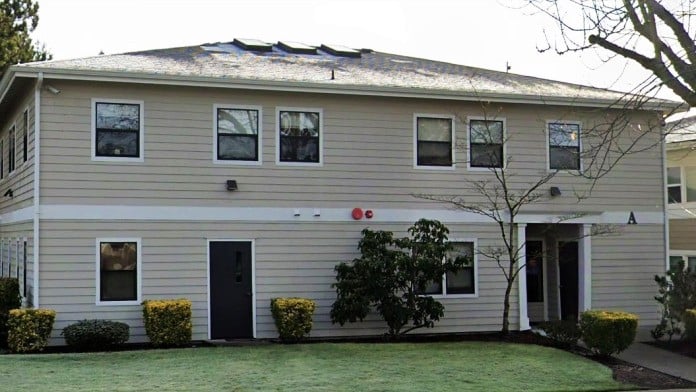Before therapy I had no desire to do activities like fishing, hunting, or simply being around. Now I even look up to involve my family on everything I do! All thanks to their informative, experienced and caring program
About The Coleman Institute
The Coleman Institute prides itself on its unique detox method. Unlike many other detox centers and methods, here and at Coleman’s other locations, anesthesia was not used on their clients.
Instead, their primary treatment methods involved the use of FDA-approved medications to help individuals manage their uncomfortable withdrawal symptoms and cravings. To encourage a more sustainable and long-term recovery, their unique naltrexone therapy program is used alongside supportive case management to help clients after the withdrawal management phase. This type of treatment is known as medication-assisted treatment or MAT.
Naltrexone is a non-addictive opioid blocker favored by this facility as it has fewer complications than the better-known methadone and buprenorphine. In fact, this and other Coleman locations also offer detox programs for these well-known detoxing medications.
In terms of how long the detox process used to last, clients could expect it to take around three days. Offering a shorter process than many other detox centers, this was ideal for clients who didn’t want to or couldn’t afford to put their lives on hold for too long while they were in recovery.
They also offered flexible scheduling and appointments, and an overall less expensive treatment relative to other centers. Comfort medications were also provided, tailored to the severity of clients’ withdrawal symptoms.
Individual and group therapy options were also provided as well as targeted services to support specific veteran populations, such as homeless veterans. They also offered transitional support and care management for returning veterans.
Latest Reviews
Rehab Score
Gallery


Accepted Insurance
Other Forms of Payment
Self-pay involves paying for treatment out of your own pocket. You can use savings or credit, get a personal loan, or receive help from family and friends to fund your treatment. If you don't have insurance or your insurance plan doesn't cover a specific program, self-pay can help ensure you still get the care you need.
Financial aid can take many forms. Centers may have grants or scholarships available to clients who meet eligibility requirements. Programs that receive SAMHSA grants may have financial aid available for those who need treatment as well. Grants and scholarships can help you pai for treatment without having to repay.
Private insurance refers to any kind of healthcare coverage that isn't from the state or federal government. This includes individual and family plans offered by an employer or purchased from the Insurance Marketplace. Every plan will have different requirements and out of pocket costs so be sure to get the full details before you start treatment.
Medicaid is a state based program that helps lower-income individuals and families pay for healthcare. Medicaid covers addiction treatment so those enrolled can use their coverage to pay for rehab. When a program accepts Medicaid the client often pays very little or nothing out of their own pocket.
Medicare is a federal program that provides health insurance for those 65 and older. It also serves people under 65 with chronic and disabling health challenges. To use Medicare for addiction treatment you need to find a program that accepts Medicare and is in network with your plan. Out of pocket costs and preauthorization requirements vary, so always check with your provider.
Addiction Treatments
Levels of Care
Drug and alcohol addiction often takes a heavy toll on one's body. Over time, a physical dependence can develop, meaning the body physiologically needs the substance to function. Detox is the process of removing drugs and/or alcohol from the body, a process that can be lethal if mismanaged. The Coleman Institute offers outpatient rapid detox program to help individuals free themselves from the effects of addiction to Opioids, Suboxone, Methadone and Alcohol.
Completing a drug or alcohol rehab program shouldn't spell the end of substance abuse treatment. Aftercare involves making a sustainable plan for recovery, including ongoing support. This can include sober living arrangements like halfway houses, career counseling, and setting a patient up with community programs like Alcoholics Anonymous (AA) or Narcotics Anonymous (NA). During the detox, they work with patients and their families to develop an appropriate aftercare plan.
Treatments
The goal of treatment for alcoholism is abstinence. Those with poor social support, poor motivation, or psychiatric disorders tend to relapse within a few years of treatment. For these people, success is measured by longer periods of abstinence, reduced use of alcohol, better health, and improved social functioning. Recovery and Maintenance are usually based on 12 step programs and AA meetings.
Effective drug rehab in Washington integrates care for the whole person, offering comprehensive solutions to addiction. Treatment methods address mental, physical, and relational aspects of substance abuse.
Opioid rehabs specialize in supporting those recovering from opioid addiction. They treat those suffering from addiction to illegal opioids like heroin, as well as prescription drugs like oxycodone. These centers typically combine both physical as well as mental and emotional support to help stop addiction. Physical support often includes medical detox and subsequent medical support (including medication), and mental support includes in-depth therapy to address the underlying causes of addiction.
Substance rehabs focus on helping individuals recover from substance abuse, including alcohol and drug addiction (both illegal and prescription drugs). They often include the opportunity to engage in both individual as well as group therapy.
Programs
Adult rehab programs include therapies tailored to each client's specific needs, goals, and recovery progress. They are tailored to the specific challenges adult clients may face, including family and work pressures and commitments. From inpatient and residential treatment to various levels of outpatient services, there are many options available. Some facilities also help adults work through co-occurring conditions, like anxiety, that can accompany addiction.
Young adulthood can be an exciting, yet difficult, time of transition. Individuals in their late teens to mid-20s face unique stressors related to school, jobs, families, and social circles, which can lead to a rise in substance use. Rehab centers with dedicated young adult programs will include activities and amenities that cater to this age group, with an emphasis on specialized counseling, peer socialization, and ongoing aftercare.
Clinical Services
The Coleman Institute is dedicated only to provide detox services. Because their treatment takes only a few days, the patient doesn't need a long break from his/her daily life to complete detox. Staff work with the patient to create a personalized treatment plan that better suit his/her needs and also create and aftercare plan.
Amenities
-
Private Setting










